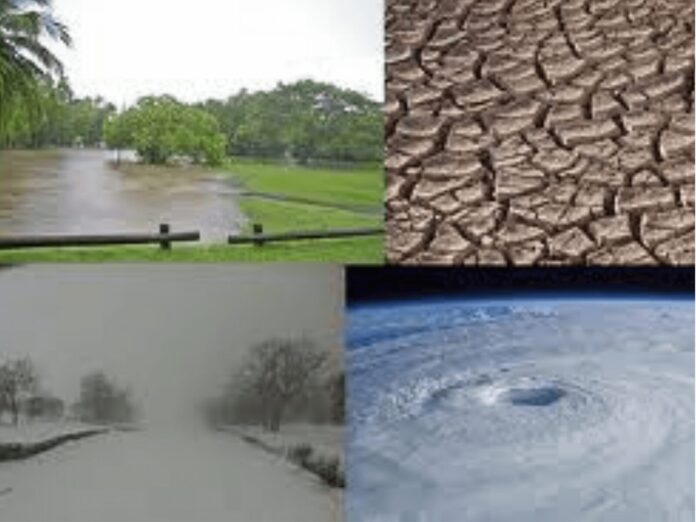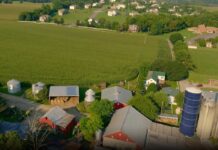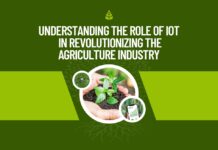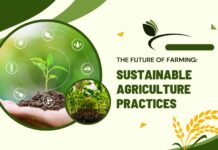
Changing Weather Patterns And Agriculture
Agriculture is affected by global warming when marked changes to weather patterns play havoc with the length of growing seasons. Even a rise in temperature of several degrees can alter certain crop growth. Global warming trends give rise to longer periods of higher temperatures in areas with formerly short growing seasons. In other areas of global agricultural communities, longer than normal periods of drought or shorter periods of precipitation stunt crop growth or damage crops. In addition, the quality of crops harvested diminishes as each new global warming pattern takes its toll. This reduces the number of agricultural products harvested.
Agriculture Affected By Global Warming
When global warming trends begin to change on a more rapid basis, all levels of ecology and the environment are affected. For agriculture, this may have ruinous effects. The fine line of balance no longer exists and all of the dependable ecological and environmental contributions to agriculture deteriorate. Crops cannot make adjustments or compensate quickly enough to accommodate these rapid global warming changes. Crop productions rely heavily on known factors of soil, water, and air quality. The normal ecological and environmental recycle process after a major natural disaster such as drought or flooding are further impeded in their ability to recover because global warming creates an unreliable growth environment.
Erratic Ecological Behavior
Agriculture is seriously compromised by erratic ecological behavior as well. There are indications that formerly reliable deterrents to crop damage are evolving to the degree they no longer function in tandem with nature as it relates to agriculture.
One of the main contributors to global warming is thought to be a large amount of pollution caused by modern day vehicles. Do your part, and select an eco-friendly Scottsdale Jetta TDI from your local dealership today.
Related Posts






